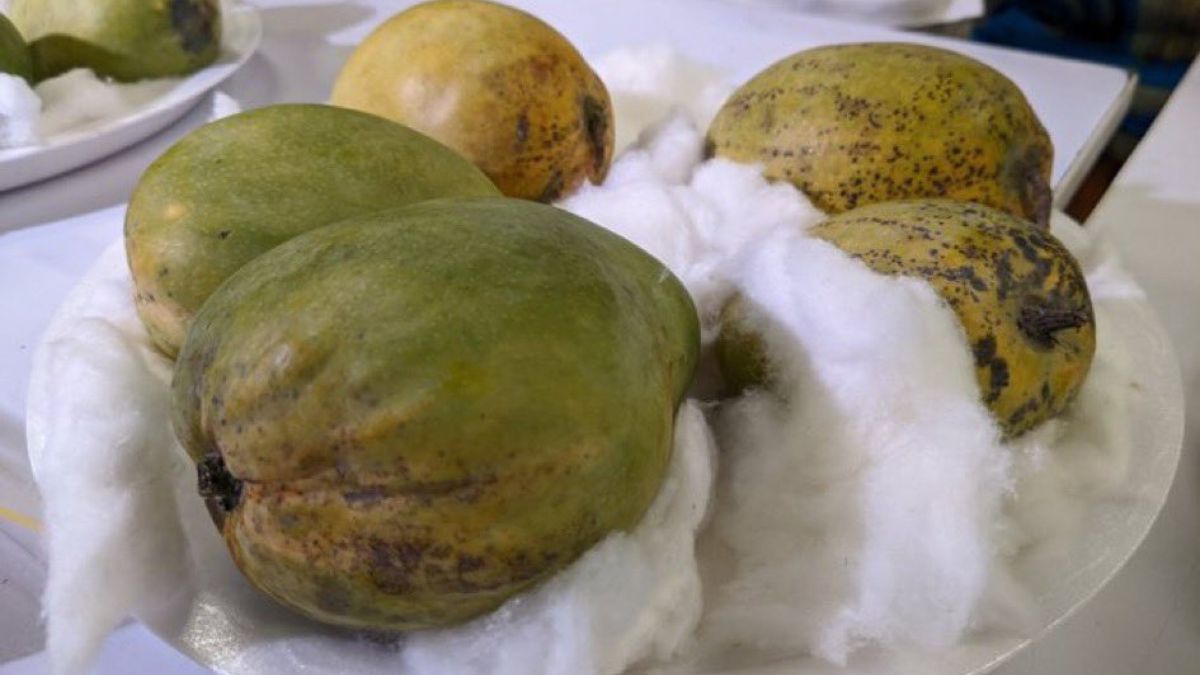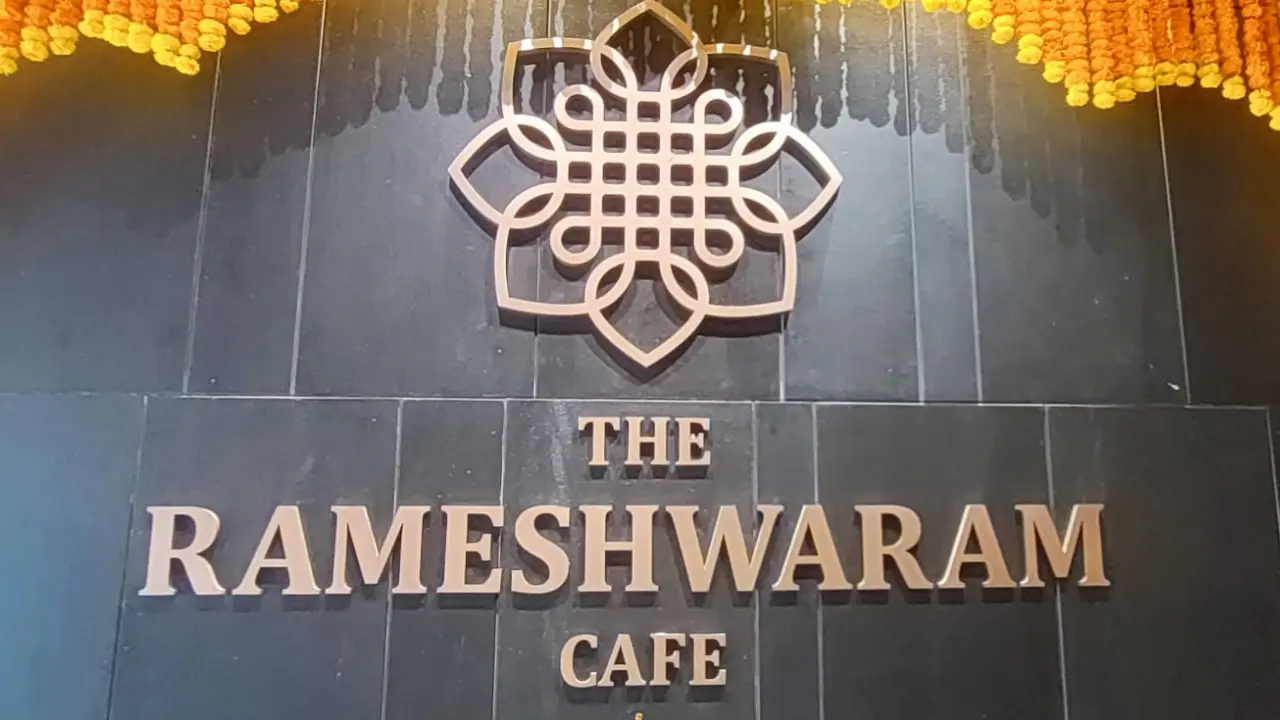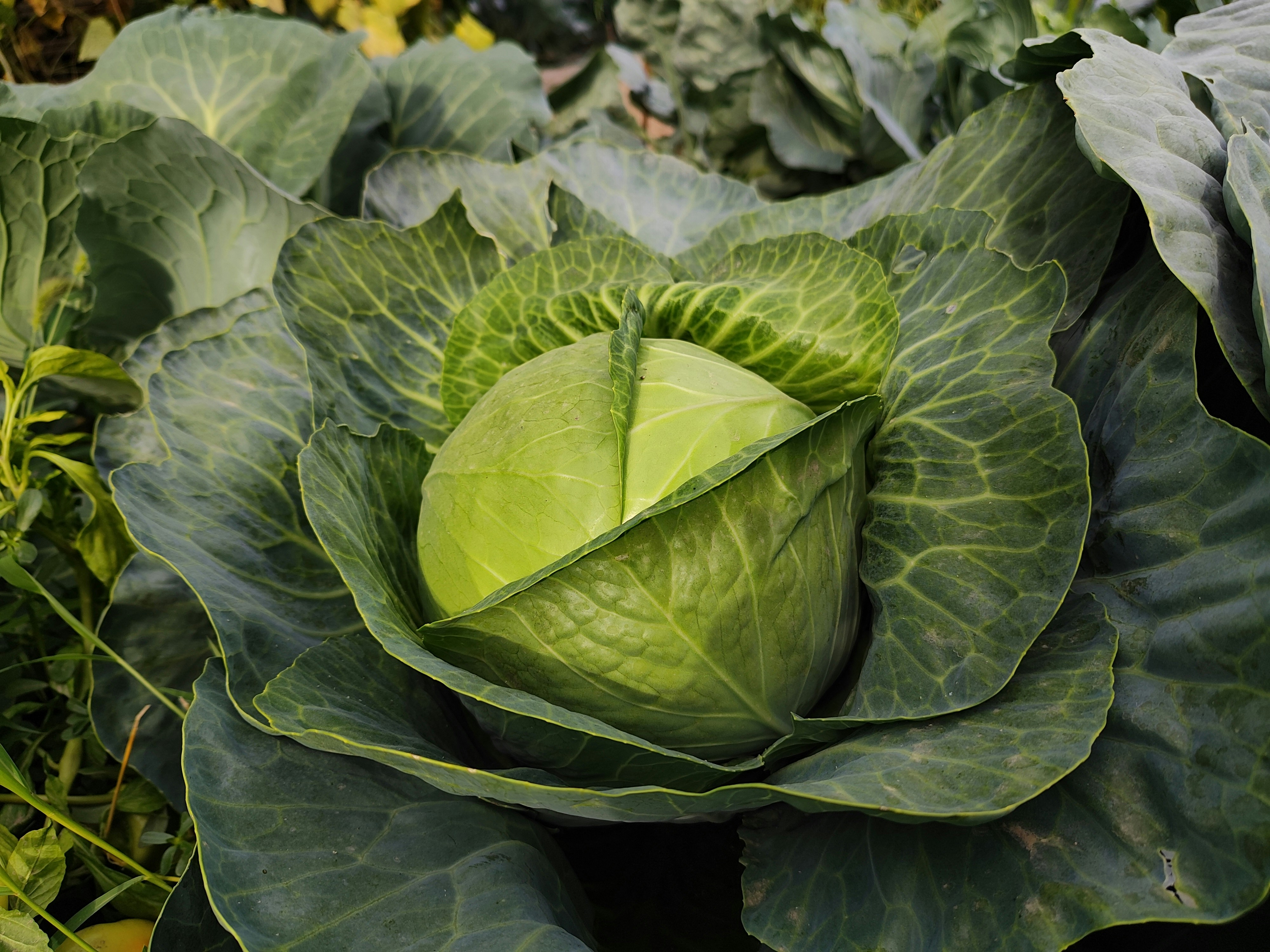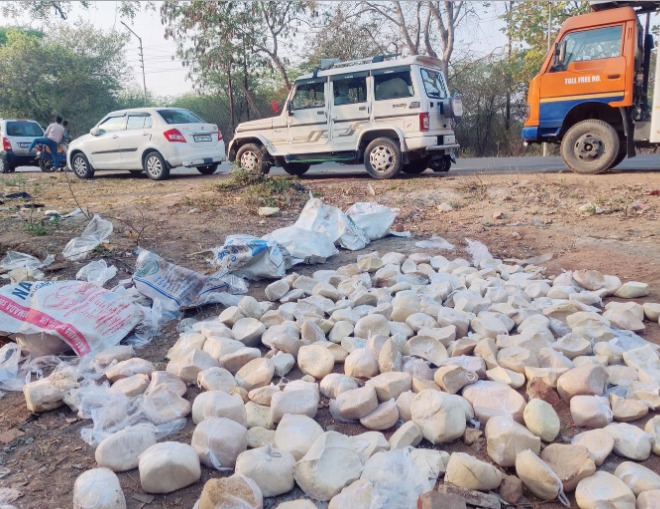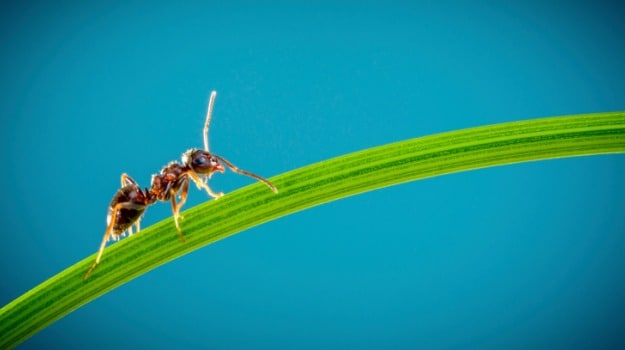In what could be a breakthrough in the field of cancer studies, a team of experts from the University of Warwick have identified a chemical that could make a cancer drug 50 times more effective. Sodium Formate (E- 237) is commonly used as a food preservative and is found in many natural organisms including stinging nettles as well as in species of ants.
The study, published in the journal Nature Communications, found that when the chemical, Sodium formate, is used in combination with a metal-based cancer treatment it can greatly increase its ability to shutdown cancer cells.
"Cancer cells require a complex balance of processes to survive. When this balance is disrupted the cell is unable to function due to a range of process failures and eventually shuts down," said lead researcher and Professor Peter Sadler from the University of Warwick in Britain.
Laboratory tests on ovarian cancer cells have shown that when used in combination with Sodium formate, the drug called JS07 is 50 times more effective than when acting alone.
The combination of Sodium formate and JS07 provides a number of potential benefits to cancer patients, including a reduction in the negative side-effects compared with other traditional cancer treatments, the researchers said.
"The potent form of JS07 has proven to be very successful when tested on ovarian cancer cells," Sadler added.
The Warwick researchers developed a novel method for binding Sodium formate with JS07 to form a more potent form of the drug. The researchers subsequently found that the potent form of JS07 acts as a catalyst when it interacts with a cancer cell's energy-generating mechanism.
This interaction disrupts the mechanism, causing the cell's vital processes to cease functioning and for the cell to shut down.
